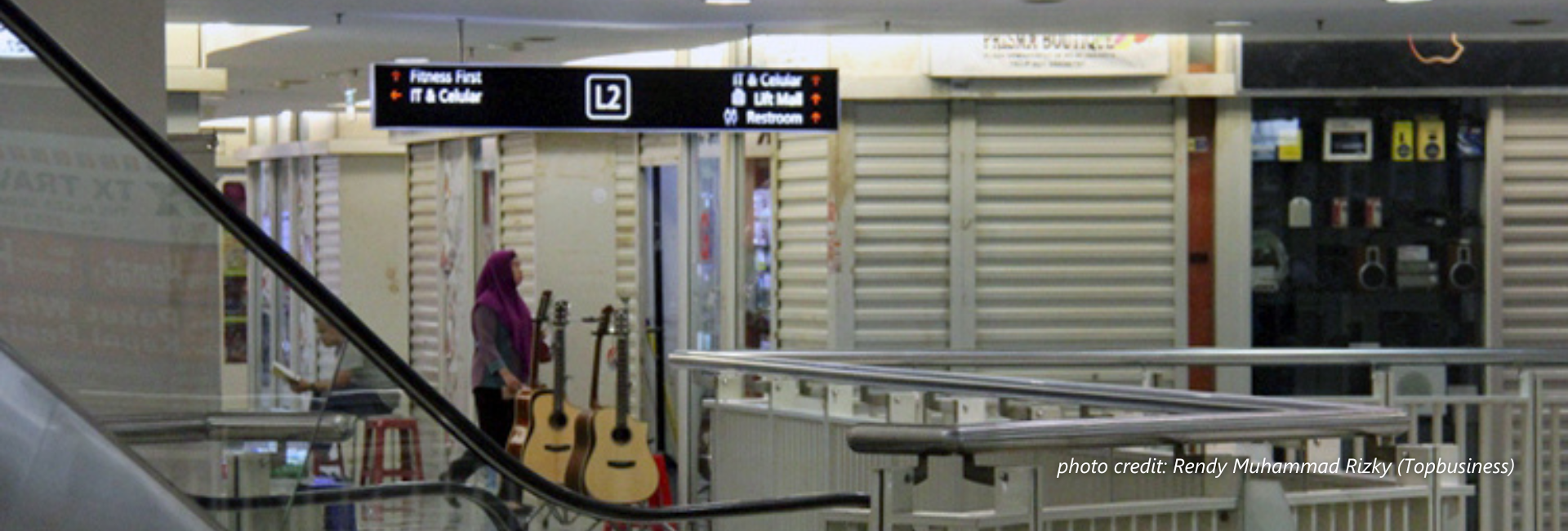COVID-19 has shaken the economies of many countries, and its impacts remain a challenge in the third year of the pandemic. Like many other countries, the pandemic directly impacts the Indonesian economy as business and investment activities slow down. Moreover, several unprecedented development setbacks emerged in the real economy and financial sector. The country’s financial stability is also hindered by the secondary adverse effects of the health crisis. Furthermore, the setback symptoms could possibly inflict permanent scars on our economy in the long run— widening the actual output and its potential.
- To assess the scarring impacts of the COVID-19 pandemic on investments (physical capital) and human capital demand in the labor market
- To discern the precise forces of firms’ performance to survive (or even thrive during) the pandemic
- To provide policy recommendations to mitigate the scarring effects of adversities and optimize factors’ productivity to maintain Vision 2045’s progress on track
This study employs quantitative and qualitative methods. We conduct literature review to provide the analytical framework and necessary information to design research tools for the quantitative and qualitative analyses. Next, we compile and analyze available secondary data, such as the National Labour Force Survey (SAKERNAS), financial statements of listed companies, longitudinal business survey data, and other industrial statistics data to understand to what extent the scarring impact of the pandemic occurred at the firm level and identify channels affecting the determinants of aggregate output.
We then explore the initial findings from this secondary data analysis through interviews and focus group discussions. The qualitative analysis focus more on explaining the channels or mechanism of scarring on the firm level by answering “how” and “why” questions as well firms’ capacity and behavior during and post-pandemic to business associations and firm representatives, particularly in the manufacturing sector. In addition, we also consider holding policy discussions with local stakeholders in two different industrial estates to gain more heterogeneous information based on the pandemic situation in each location.




